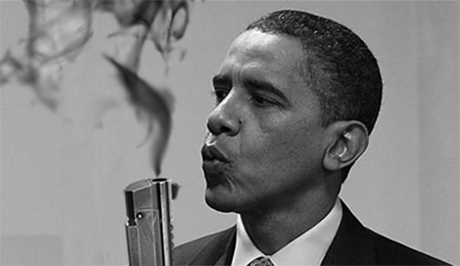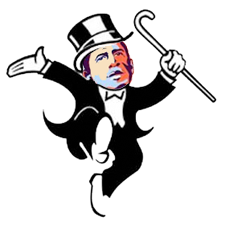The so-called “Laffer Curve” — the graphic representation of the varying relationship between tax rates and tax revenues — really bugs people left of center.
The curve maps an economic reality, showing that not all increases in tax rates can increase tax revenues. Why object to reality?
Perhaps because, on the left, taxes are seen less as a practical means to raise government revenue than as an expression of one’s values. The more “leftist” one is, the more equality matters, which too often boils down to: the more one wants to punish the rich. Higher rates stifle the economy and garner less revenue? Big deal. Consequences be damned. One’s values must be expressed.
This came out in Barack Obama’s first presidential campaign. He famously didn’t care whether a capital gains tax rate increase would decrease revenues, as has happened in the past. For him, “fairness” was more important.
Interestingly, it appears that capital gains tax rates tend to top out Laffer-Curve-wise much lower than income taxes. The reason? One seeks a return on capital from invested savings, but one also fears the possibility of loss. Risk. Pile higher tax rates onto the already palpable negative of uncertainty, and the investor will be tempted to consume his capital rather than engage further in risking his wealth for less reward.
But I confess: I sort of sympathize with the left’s attitude towards taxation. I don’t really want the government to maximize revenue, either. Government misspends most everything it takes in, so I’d prefer lower rates for reasons maximizing quality, not equality.
I bet that the poor, though, would be far better off were the rich not targeted for extra penalties. But that’s not an egalitarian concern, for me. It’s a humanitarian concern.
This is Common Sense. I’m Paul Jacob.


 bought trains in Ireland, where taxes are lower, and then rented the new trains to the Dutch public railway. Even though the trains had never run in Ireland.
bought trains in Ireland, where taxes are lower, and then rented the new trains to the Dutch public railway. Even though the trains had never run in Ireland.

